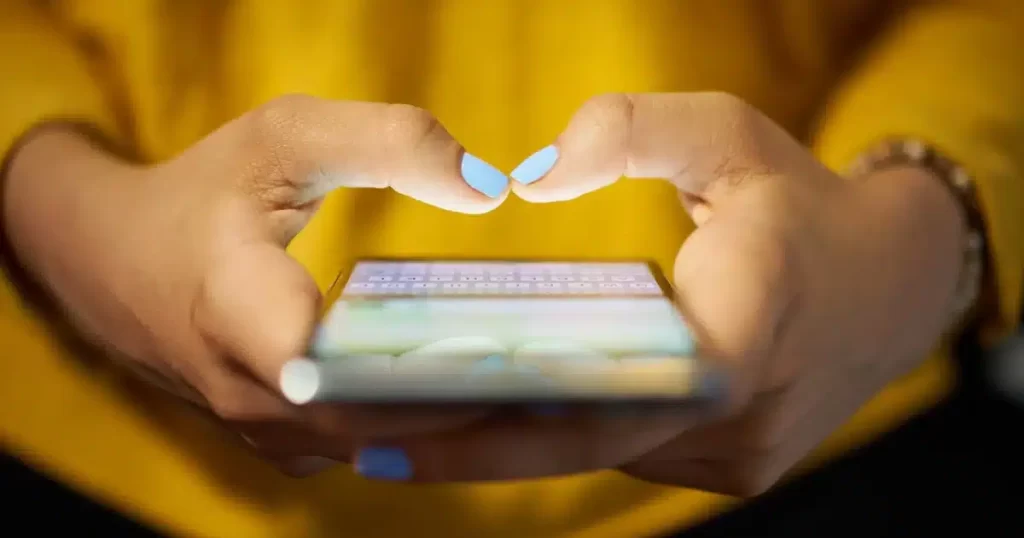Social media has become ingrained into our society, whether we enjoy it or not. Social media started as a space for individuals to connect globally. From instant messaging those in other countries to being able to research online, it was expanding our way of living and communication. Now that the internet has been around for about 30 years, social media has inflated to much more than just connecting with people. Social media usage has been linked to mental health problems for youth, teens and young adults due to some of the toxic cultures happening online.
Almost everyone you know has at least one social media account. According to DC Report, “about 95% of children and adolescents in the U.S. between the ages of 10 and 17 are using social media almost constantly.” Social media usage has replaced several other activities such as working out, hanging out with friends (in person) and other hobbies. Although individuals are connecting online, it is not the same organic social interaction as in person. Critical skills are developed through activities and physical hobbies as well as a better sense of self.
Social media exposure has been linked to depression, anxiety and eating disorders. According to the American Economic Review, “the total number of individuals aged 18–23 who reported experiencing a major depressive episode in the past year increased by 83 percent between 2008 and 2018.” Due to social media’s addictive nature, it is easy to spend hours online, blindly.
What is consumed on a daily basis affects an individual's thinking and view on the world. Oftentimes, online spaces can become echo chambers, whether that be negative or positive.
Checking social media can cause people to compare themselves and their lives to those posting online. This can explain the huge jump in percentage of people experiencing a major depressive episode within the year. The American Economic Review states, “after the introduction of Facebook, students were more likely to report that their academic performance was negatively affected by conditions related to poor mental health.” Students are consuming unhelpful media, the opposite effect of what was first intended when social media was created. The American Economic Review said that with Facebook being introduced, it directly affected people’s beliefs about their peers’ behaviors.
The DC Report states, “a recent review found that, as with mass media, the use of social media is a risk factor for the development of an eating disorder, body image dissatisfaction and disordered eating.” Social media does not directly cause these issues but the content that is pushed out and idolized can affect an individual’s views on themselves and others in an unhealthy way. Seeing beauty standards or unrealistic dieting can trigger young people to develop similar habits to what they see online.
Social media has been linked to positive affects, too. According to Painted Brain, “TikTok has become a platform for thousands of healthcare professionals, including psychiatrists, therapists, and mental health advocates.” The access to these professionals has become easier and more readily available, helping individuals who might not otherwise have those opportunities. Painted Brain also mentions that Facebook has support groups for those dealing with depression and anxiety. This can significantly benefit those who may not have another outlet and experience loneliness.
However, the negative effects social media has on mental health is more significant than the positive effects. There are teenagers who are attempting to put policies in place to have restrictions on the type of content allowed on platforms. Requesting more transparency and less triggering content. With technology advancing rapidly, it is important to keep up on the potential dangers.
The bad outweighs the good when it comes to the current role social media has in our society. Steps towards change from individuals and public figures have been increasing to improve the declining mental health of the youth. Social responsibility is something that needs to be more prominent.
Together we can reverse these severe effects of overexposure to social media.


